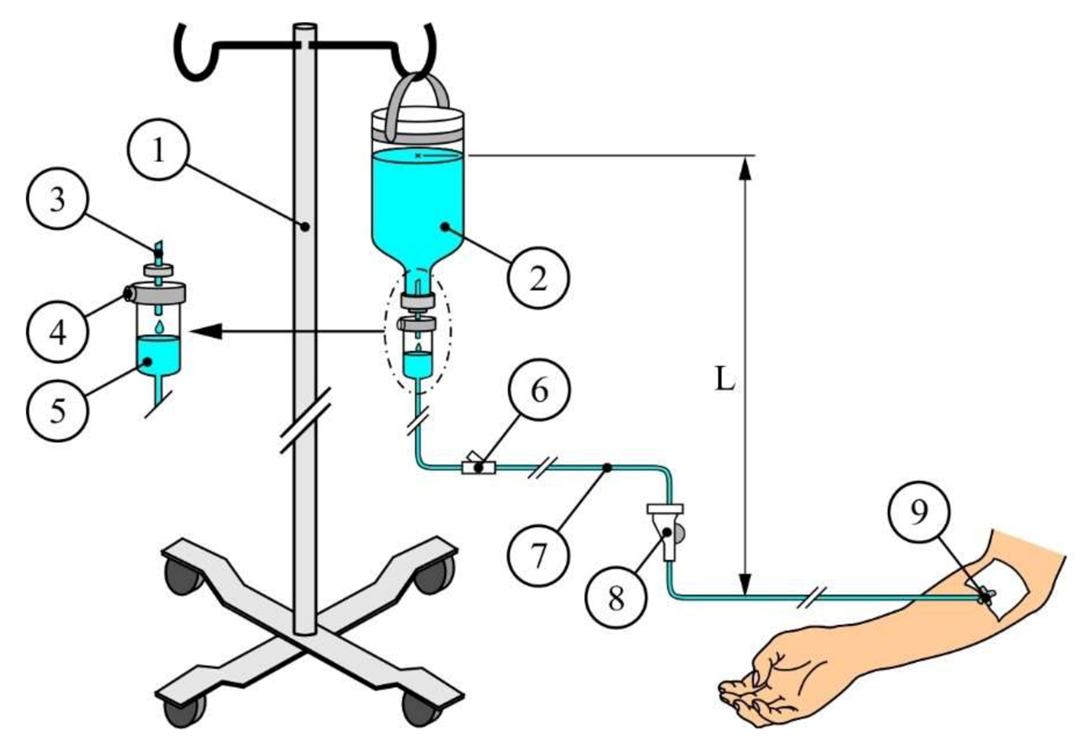The community health nurse is performing a home visit for a 74-year-old client recovering from hip surgery. The nurse notes that the client seems uncharacteristically confused at times and has dry mucous membranes. The client states to stop drinking water early in the day because it's just too difficult to get up during the night to go to the bathroom. What would be the nurse's best response?
You need to have your medications adjusted so you need to be admitted to the hospital for a complete workup.
You build up too much urine in your bladder, which can cause you to get confused.
Dehydration can cause changes that can result in confusion, so let's try to increase your fluid intake.
Urinary tract infections are common and can cause confusion, so it's important not to urinate at night.
The Correct Answer is C
Choice A reason: This is not the best response because it is alarmist and does not address the client's concern. The nurse should not assume that the client needs to have their medications adjusted or be admitted to the hospital without further assessment.
Choice B reason: This is not the best response because it is inaccurate and does not explain the link between urine retention and confusion. The nurse should not imply that the client is causing their own confusion by not drinking enough water.
Choice C reason: This is the best response because it is accurate and educates the client on the effects of dehydration on the body. The nurse should encourage the client to drink more fluids throughout the day and offer strategies to make it easier for them to access the bathroom at night.
Choice D reason: This is not the best response because it is irrelevant and does not address the client's dehydration. The nurse should not suggest that the client has a urinary tract infection without evidence or testing. The nurse should also not discourage the client from urinating at night, as this can lead to other complications.
Nursing Test Bank
Naxlex Comprehensive Predictor Exams
Related Questions
Correct Answer is D
Explanation
Choice A reason: Half-normal saline solution is a hypotonic solution, which means it has a lower concentration of solutes than the blood plasma. It can cause fluid to shift from the blood vessels into the cells, leading to cellular swelling and edema.
Choice B reason: 10% dextrose in water is a hypertonic solution, which means it has a higher concentration of solutes than the blood plasma. It can cause fluid to shift from the cells into the blood vessels, leading to cellular shrinkage and dehydration.
Choice C reason: 5% dextrose and half-normal saline solution is a hypertonic solution, which has the same effects as choice B. The dextrose increases the osmolarity of the solution, while the half-normal saline provides some electrolytes.
Choice D reason: Lactated Ringer's solution is an isotonic solution, which means it has the same concentration of solutes as the blood plasma. It maintains fluid balance and provides electrolytes such as sodium, potassium, calcium, and lactate. It is commonly used for fluid resuscitation, dehydration, and acidosis.
Correct Answer is A
Explanation
Choice A reason: This is a correct answer because normal saline is an isotonic solution, which means it has the same osmolarity as the blood plasma. It does not cause any fluid shifts between the intracellular and extracellular compartments, and it can help restore the fluid balance and the blood pressure of the dehydrated client.
Choice B reason: This is not a correct answer because 1/2 normal saline is a hypotonic solution, which means it has a lower osmolarity than the blood plasma. It causes fluid to shift from the extracellular to the intracellular compartment, which can lead to cellular swelling and edema. It is not suitable for rapid infusion, as it can cause hemolysis and hypotension.
Choice C reason: This is not a correct answer because D5W (5% Dextrose in Water) is an isotonic solution when it is in the IV bag, but it becomes hypotonic once it enters the body, as the dextrose is rapidly metabolized and only water remains. It causes fluid to shift from the extracellular to the intracellular compartment, which can lead to cellular swelling and edema. It is not suitable for rapid infusion, as it can cause hemolysis and hypotension.
Choice D reason: This is not a correct answer because D5 1/2 normal saline is a hypertonic solution, which means it has a higher osmolarity than the blood plasma. It causes fluid to shift from the intracellular to the extracellular compartment, which can lead to cellular shrinkage and dehydration. It is not suitable for rapid infusion, as it can cause hypernatremia and fluid overload.

Whether you are a student looking to ace your exams or a practicing nurse seeking to enhance your expertise , our nursing education contents will empower you with the confidence and competence to make a difference in the lives of patients and become a respected leader in the healthcare field.
Visit Naxlex, invest in your future and unlock endless possibilities with our unparalleled nursing education contents today
Report Wrong Answer on the Current Question
Do you disagree with the answer? If yes, what is your expected answer? Explain.
Kindly be descriptive with the issue you are facing.
